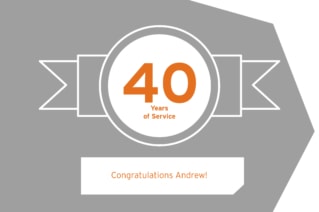Michelmersh is pleased to announce that its team of HGV operators have completed a driver efficiency improvement programme and continues to show high standards with progressive results from the fleet’s drivers being scored daily.
The training course was designed to help drivers learn about techniques to reduce fuel consumption, such as accelerating and braking more gradually, maintaining a steady speed and adaption, avoiding unnecessary idling and proper engine and gear utilisation. The training was conducted by Volvo experts, with theoretical and practical 1-1 sessions designed to share and impart the knowledge that was then put into practice.
As a result of the training, the HGV drivers were able to significantly improve their fuel efficiency rating by up to 20% with an overall fleet scoring of 87 out of 100. The reduction in fuel consumption equates to a decrease in carbon emissions, which is an important driving factor for Michelmersh’s sustainability ethos and ESG Strategies.
Trevor Smith, the Groups Transport Manager was excited to report that there are specific drivers regularly scoring 98 repeatedly and for which the Group is proud to encourage the team to keep up these very high standards.
Mick Brophy, Group Production Director was thrilled with the results of the training course stating, “With challenging fuel prices and operating costs to run the fleet, I am pleased with the positive results and improvements. I would like to thank Trevor and our drivers for their hard work embracing the programme with positivity, every effort enables us to remain competitive in the marketplace whilst also reducing our environmental impacts which we are so passionate about.”
Training programs such as these ultimately lead to savings in fuel costs and a reduction in wear and tear on the vehicles and are in accordance with the Michelmersh Groups Silver FORS accreditation. Further training will be made possible as it becomes available, ensuring all our drivers can retain these high standards and continue to drive our carbon footprint reductions further.












